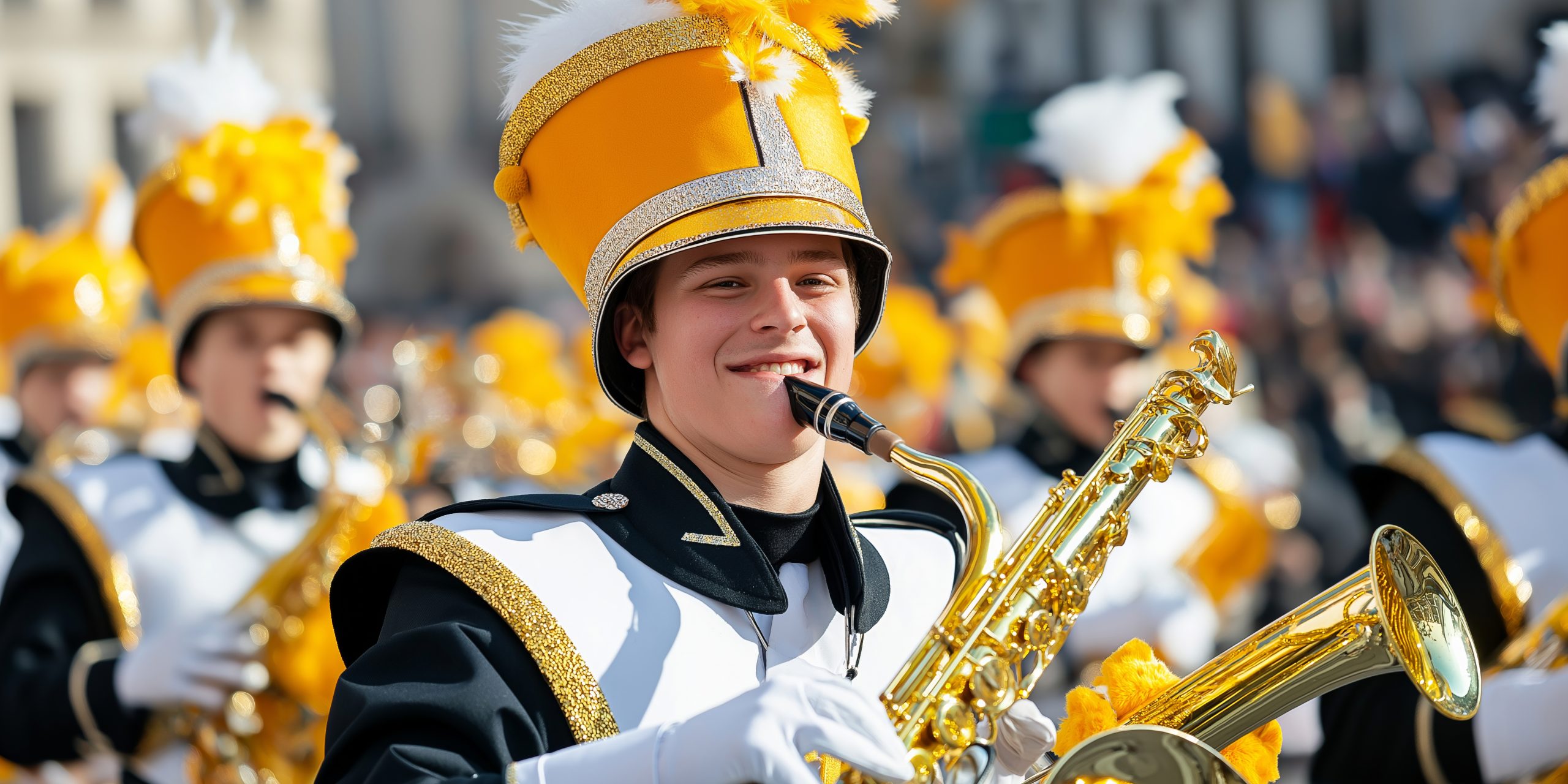From theme parks to airports to hotels, here’s how to keep your group focused, respectful, and safe — without losing your sanity.
School music trips are amazing opportunities, but they also present new behavioral challenges. You’re not on campus anymore — you’re in crowded public spaces, hotels with other guests, airports with tight timelines, and theme parks filled with distractions. All it takes is one disruptive student to jeopardize a trip for everyone.
Here’s a detailed approach to managing student behavior while traveling — proactively and effectively.
🧠 Set Clear Expectations Before the Trip
The best behavior management strategy is prevention. In the weeks leading up to departure, meet with students and parents to explain:
- Your trip code of conduct (aligned with school rules)
- What counts as disruptive behavior: wandering off, disrespect, hotel noise, ignoring chaperones, etc.
- Consequences for violations, including being sent home at the family’s expense
- Expectations for public conduct — especially in uniforms or spirit wear
Have both students and parents sign a behavior contract. If your district has one, use theirs — or adapt it for music-specific situations.
🏨 Strategy: Hotel Behavior & Room Checks
Hotels require special attention — you’re sharing a space with paying guests, and your students represent your school.
- Set a firm lights-out and in-room time. Enforce it. No room-hopping after hours.
- Assign chaperones to floors or hallway rotations.
- Conduct nightly room checks (with two adults when possible) and brief follow-ups each morning.
- Encourage quiet voices, no running in halls, and courteous elevator behavior.
Tip: Tape a simple rules sheet on each room door. Include chaperone contact numbers and a reminder of the next day’s itinerary.
🎢 Strategy: Theme Parks & Public Attractions
Theme parks, museums, and city centers are where students are most tempted to act out — or disappear. Here’s how to keep things smooth:
- Use small, assigned groups with a chaperone or buddy system
- Set specific check-in times and locations throughout the day (QR code check-ins or texts work well)
- Define unacceptable behavior clearly: cutting in lines, shouting, public horseplay, etc.
- Give students some independence, but within safe, structured limits
Make it clear that any student who violates public conduct expectations can lose privileges for the next day’s activities.
✈️ Strategy: Airports and Group Flights
Airports are high-stress, high-structure environments. There’s no room for wandering, arguing, or goofing off in security lines.
- Split students into boarding groups with assigned adult leaders
- Review TSA rules in advance so students don’t slow the line (no liquids, IDs ready, etc.)
- Pre-assign seats on the plane when possible — avoid “cliques-only” clusters
- Remind them: airport behavior = public performance. They are being watched, and they represent the school.
If you know specific students are likely to act out, seat them near staff, not friends.
🎤 Strategy: During Performances & Clinics
Students must understand that performance spaces are sacred — and how they act reflects on your entire program.
- Practice entrances, exits, and transitions before the trip
- Teach etiquette for watching other groups or attending clinics
- Assign a student leader to monitor behavior from the back of the group
- Make “perform like professionals” a mantra — especially in attire and attitude
Talk to your clinician or festival director in advance and ask them to flag behavior issues so you can address them immediately.
⚖️ Enforce Consequences Consistently
If expectations are clear, enforcement becomes easier. When a student breaks a rule:
- Pull them aside privately
- Stay calm and direct — no public scenes unless safety is involved
- Document the incident, notify your admin contact and the parents
- Apply the agreed-upon consequence, even if it’s unpopular
Consistency builds credibility — and prevents repeat issues.
🎓 Final Thought
Music travel is a privilege, not a right — and most students will rise to the occasion when you treat them like young professionals. But having a proactive, fair, and transparent behavior strategy ensures you protect the integrity of the trip, the safety of the group, and the reputation of your program.
Subscribe to SBO+ Magazine at sboplus.net
Stay informed. Stay inspired.














